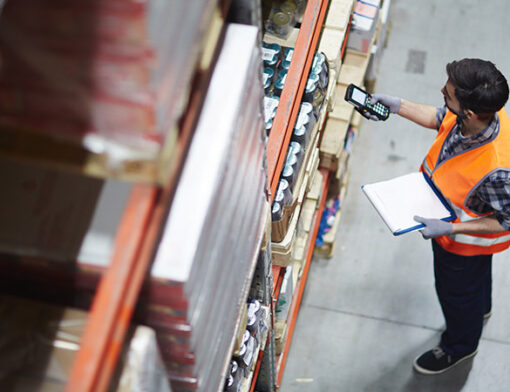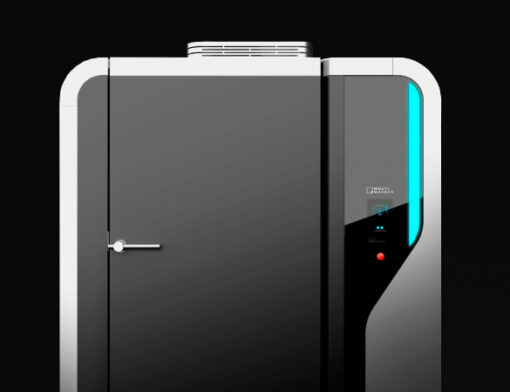9 essential tips to reduce operating costs

Every company can reduce waste in its operations, from production to logistics, from warehousing to quality control. The processes that consume the most water, energy and human resources are prime candidates to focus continuous improvement efforts – and apply these essential saving tips.
1. Identify critical processes
The first step is to know where and how much you spend. In other words, it is important to identify the processes that account for most operational expenditure – like water, energy, production errors or human resource allocation. Usually, a few vital processes, such as washing or drying, drive most water and energy costs. This analysis can be done internally or, for more complex facilities, with an external evaluation. This way, it will be easier to pinpoint potential saving opportunities.
It is also useful to compare costs with previous periods, as well as with other areas of the company, establishing ratios such as price per m2 or liters of water per unit produced. Benchmarks such as these allow comparisons and flag any uncalculated factors that may cause excess consumption.
2. Reuse water between processes
The first step to saving water is to avoid its consumption whenever possible. If that is not an option, reusing water is the next best thing as it cuts unnecessary costs and promotes a circular economy. Reusing water between processes for non-potable purposes – such as power generation, equipment cooling, washing or irrigation – is a simple way to save.
3. Choose efficient equipment
Equipment efficiency is instrumental to overall energy consumption. To reduce energy costs in the long term, focus procurement processes on cutting-edge efficiency equipment. In the short term, turn off equipment with poor energy ratings whenever these are not being used. A simple but effective step towards saving energy.
4. Use renewable energy sources
Explore the possibility of self-producing at least part of the energy you need, using solar or wind power. One of the most common ways to do this is to use solar panels, which can produce electricity and also heat water for various industrial processes. There are also alternative forms of energy that are gaining prominence, such as biomass and geothermal energy. This energy-saving tip goes beyond cost control: it is key for environmentally responsible brands.
5. Optimize cycle times
Production cycle times can be optimized to control water, energy and even chemical consumption. This is especially important in washing processes, where the MultiWasher stands out as one of the most efficient equipment on the market. If an industrial washing machine is turned on only fully loaded, it requires fewer cycles to achieve the same output. In addition, efficient machines such as the MultiWasher can skip manual pre-washing, saving even more water.
6. Standardize production parameters
Unstandardized processes are more time-consuming and error prone. When a company standardizes production parameters for the main product families, it generates greater productivity and consistency, while allowing operators to focus on higher value activities.
7. Automate processes
Another essential saving tip for all industries is process automation. In fact, high levels of automation are associated with reduced cost of operations, increased production capacity, and shorter lead times. The food industry and retail can benefit from automation of production processes thanks, among other factors, to the growth of Industry 4.0. The Multiwasher, for instance, uses advanced sensors to connect production processes and optimize critical washing factors such as the time, temperature, duration and detergent in each washing cycle.
8. Raise awareness
Operators who handle machines and monitor performance should receive specific training to report and deal with malfunctions, leaks and other irregularities. The goal is to minimize losses and stoppages that can lead to large and avoidable costs and to harm quality and consistency of the final product if not flagged.
9. Increase maintenance
This saving tip is fundamental to ensure that the equipment does not consume more than necessary and that it has a long useful life. Regular cleaning and preventive maintenance should be part of daily routine. Leading companies regularly audit facilities, paying special attention to more critical components such as condenser coils or water filters. This way, you can prevent damage and keep machines on their standard performance longer.
MultiWasher, the machine that sets new standards of efficiency
Somengil has developed a revolutionary industrial washing machine, both in terms of energy efficiency and washing effectiveness. The MultiWasher features the latest water recycling and filtering technology. This machine can perform multiple washes with the same water, and automatically adjust the pressure, temperature and duration of the cycle according to the contents of each load. There is much more to discover about this machine and how it is redefining energy efficiency for businesses around the world. Schedule a free webinar to experience the performance of the MultiWasher firsthand, or get in touch with our team.



